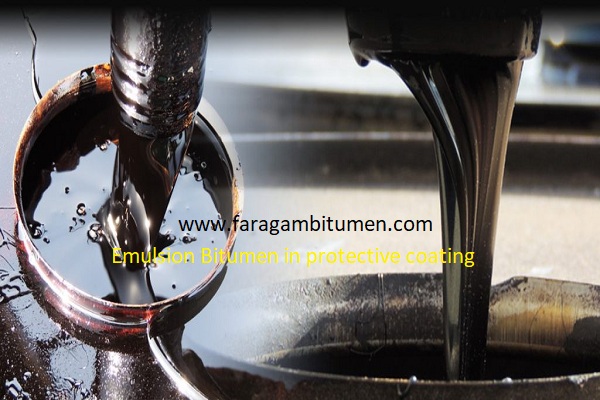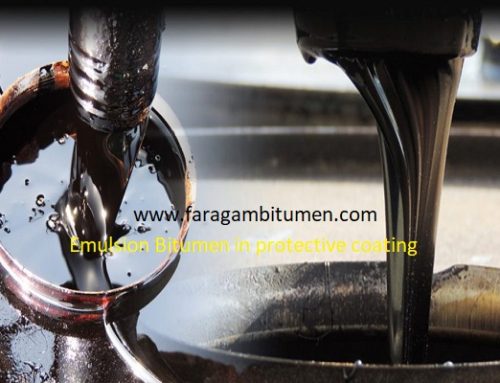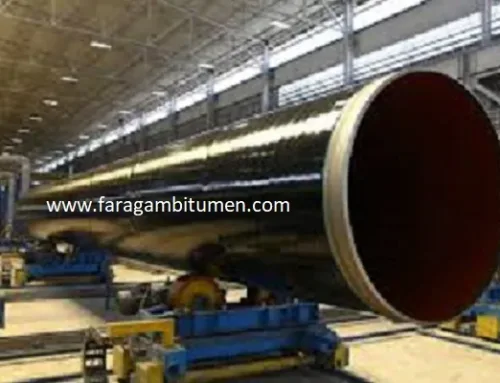
bitumen penetration VS viscosity grade
bitumen penetration VS viscosity grade , Bitumen researchers and experts continue to come up with new ways to make bitumen more efficient. This is why viscosity-graded bitumen is considered more beneficial than penetrating grades.
Bitumen viscosity grades are universally preferred over pen grades, mainly because they are more accurately tested and graded. This means that we can have a better understanding of the behavior of these grades and their functional characteristics.
bitumen penetration VS viscosity grade in Applications
For example Insulation of surfaces: VG30 bitumen is widely used for insulation of various surfaces including roof, foundation, wall and foundation. Due to its high permeability, this type of bitumen completely covers the surfaces and prevents the penetration of water and moisture into them.
Road Paving: VG30 is used as the main material in the construction and repair of roads, streets and other asphalt surfaces. Due to its high adhesion, this type of bitumen connects aggregates to each other and creates a smooth and traffic-resistant surface.
Construction: VG30 is used in various types of construction, including construction of sheds, warehouses, bridges and tunnels. This type of bitumen is ideal for sealing and insulating structures due to its high resistance to cracking.
Protective coatings: VG30 is used in the production of a variety of protective coatings for metal pipes, tanks and other metal surfaces. Due to its high resistance to corrosion, this type of bitumen protects metals against harmful environmental factors.
Advantages of VG30 bitumen:
High adhesion: Due to its high adhesion, VG30 completely adheres to different surfaces and prevents water and moisture from penetrating into them.
Resistance to cracking: Due to its high flexibility, VG30 is resistant to temperature changes and structural movements and does not crack easily.
Resistance to water and moisture: VG30 prevents the penetration of water and moisture into surfaces and structures due to its low permeability.
Corrosion resistance: VG30 protects metals against corrosion and erosion due to its protective properties.
Reasonably priced: VG30 is more reasonably priced than some other types of bitumen.
Disadvantages of VG30 bitumen:
Heat sensitivity: VG30 loosens and liquefies in extreme heat and may separate from surfaces.
Difficulty in transportation: VG30 hardens and becomes brittle at low temperatures, making it difficult to transport.
Important points in choosing and using VG30 bitumen:
Choosing the right type: According to the intended application, choose the right type of VG30.
Bitumen quality: Use high quality bitumen free from impurities.
Surface preparation: Clean and dry the surfaces thoroughly before applying bitumen.
Viscosity degree of bitumen
Another prominent bitumen penetration VS viscosity grade is bitumen grading method is the viscosity grading system, which leads to the classification of bitumen into four categories: VG 10, VG 20, VG 30 and VG 40.Each grade of bitumen viscosity has specific applications and has different performance at different temperatures. For example, VG 10 is widely used in spray and surface coating applications. Since viscosity grades have different characteristics, it is necessary to check their viscosity level, penetration amount and other characteristics before making a decision.
Compared to bitumen penetration grades, VG bitumen grades are more carefully tested and classified. They are known for their accuracy, predictability, durability and reliability of specifications.
Bitumen VG10
Although bitumen penetration VS viscosity grade such as comparing VG10 bitumen and 80/100 bitumen have some similar properties, they do not perform the same. VG10 is more efficient than bitumen 80/100 in road projects due to its better resistance to temperature changes, especially in cold regions.
Due to the fact that only a few bitumen refineries are capable of producing VG10 bitumen, this grade of viscosity bitumen will cost a little more than 80/100 bitumen. See the latest price of VG10 bitumen.
Since VG 10 bitumen is more expensive to buy and sell overseas, it is important for bitumen traders to check the quality of the bitumen before making a deal. Currently, the only way to be sure of good quality VG 10 bitumen is to ask for the results of regular tests carried out at each refinery.
Bitumen VG30
VG30 bitumen looks similar to 60/70 bitumen. However, these two degrees have different capabilities. First, in the production of VG30 bitumen, high quality vacuum is used. Second, VG 30 bitumen has been proven to work more efficiently than 60/70 pen bitumen because it is tested more accurately.
Another thing you should know when buying VG 30 bitumen is its price. Compared to bitumen 60/70, the price of VG 30 is slightly higher, mainly due to its better quality and performance in road projects.
Bitumen VG40
Refineries produce VG 40 bitumen for use in countries with higher temperatures. Due to its higher viscosity, this grade of bitumen improves pavement resistance to problems caused by higher temperatures and heavy traffic loads.
With its accuracy, predictability and durability, VG40 bitumen is the best choice for road projects in India and Africa. However, dealers always face the challenge of recognizing a high-quality VG 40 and not mistakenly buying similar grades. To avoid this, we test the bitumen properties twice before loading, once at the refinery and once at the port. For more information on the VG 40 bitumen inspection process at Infinity Galaxy,






